As a genre-defining developer who has risen to prominence on the back of pioneering Soulslikes, FromSoftware has built up one of the most impressive action RPG catalogs in contemporary gaming. With these titles being just as acclaimed for their nuanced storytelling as they are for challenging gameplay, it’s only natural that these elements often come together when attempting to choose the best from a set of a FromSoftware game’s multiple endings.
There’s enough narrative depth in each of the conclusions to the Soulslikes of FromSoftware for them to stand on their own, but the studio has never been interested in stopping at one route for a story. While they mostly feature a consistent level of production quality, the overall meaning and weight of certain endings have allowed them to rise above the rest.
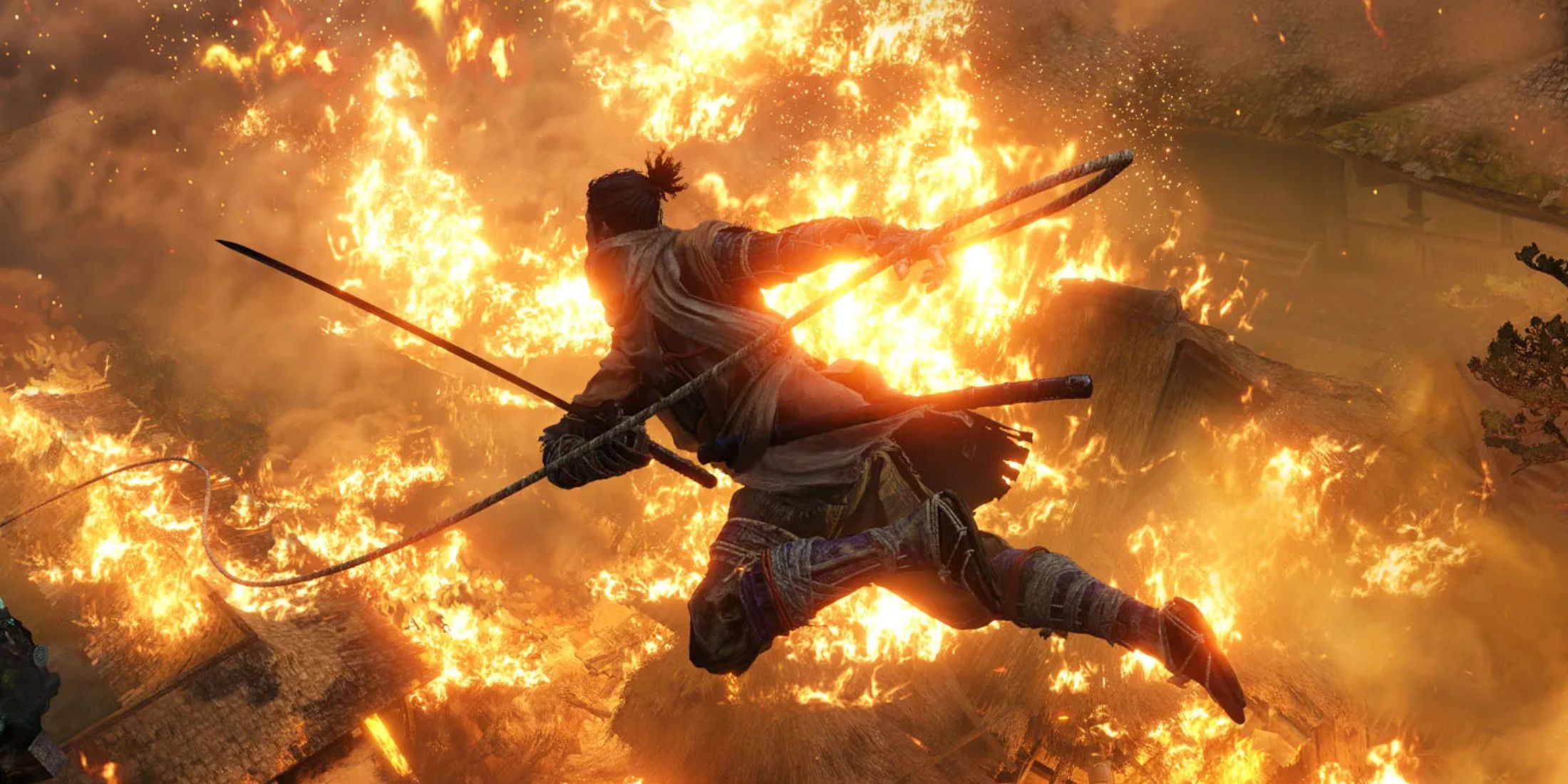
Related
Why FromSoftware’s ‘Next Level’ After Sekiro is So Promising
According to Hidetaka Miyazaki, FromSoftware can crank up its combat beyond what was seen in Sekiro, which is a very exciting prospect.
S-Tier FromSoftware Endings
Finales That Have Defined the Mysterious Tone of Soulslikes
- Childhood’s Beginning (Bloodborne)
- Usurpation of Fire (Dark Souls 3)
- Return (Sekiro: Shadows Die Twice)
- Age of the Stars (Elden Ring)
In recent years, FromSoft has developed a reputation for featuring secret endings that reward figuring out an elaborate set of steps required to achieve them. While the complexity involved in these tasks often relegates these conclusions to New Game Plus experiences, their deep narrative significance has allowed some of them to earn iconic status in gaming as a whole.
These often involve subverting the entire premise of a given game’s world, whether that be through esoterically becoming an infant Great One in Bloodborne or bringing a complete end to the Elden Ring’s influence by uniting with Ranni. As culminations of intensive questlines, like those around the Divine Dragon in Sekiro, the best Soulslike endings provide unforgettable spectacle and emotional weight which makes the effort around them worth it.
A-Tier FromSoftware Endings
Conclusions That Channel FromSoftware’s Common Themes
- Lord of the Frenzied Flame (Elden Ring)
- Dark Lord (Dark Souls)
- Yharnam Sunrise (Bloodborne)
- Good Ending (Demon’s Souls)
- Leave the Throne (Dark Souls 2)
- The End of Fire/Unkindled Ending (Dark Souls 3)
In line with the nihilistic tone that the studio has become known for, the more traditionally compelling endings to FromSoft titles tend to come from the player giving into more sinister impulses. These have become highly recognizable in their own right, defining the ambiguity of their worlds in chilling ways that leave unanswered questions for the player to ponder.
Whether it’s seeing many Primordial Serpents suddenly accompany Darkstalker Kaathe in Dark Souls, watching the world of Elden Ring burn away in chaos, or ominously waking back up in Yharnam in Bloodborne, these endings set an uncanny mood that encourages further playthroughs and deeper lore investigation.
B-Tier FromSoftware Endings
- Shura (Sekiro: Shadows Die Twice)
- Age of Order (Elden Ring)
- Purification (Sekiro: Shadows Die Twice)
- Blessing of Despair (Elden Ring)
- Bad Ending (Demon’s Souls)
- Proceed to Throne (Dark Souls 2)
- Link the Fire (Dark Souls)
Most of the time, directly following a path outlined by NPCs in a Soulslike title won’t lead the player to the most impactful ending, potentially resulting in an anti-climax. While there is inarguable greater meaning to the dark scenarios of the protagonist succumbing to hate in Sekiro‘s Shura ending or allowing the success of Elden Ring‘s Dung Eater in reaching his curse-spreading goals, these can all feel like incomplete pictures of a greater narrative on an initial run.
C-Tier FromSoftware Endings
Endings That Are Likely to Leave the Player Wanting More
- Immortal Severence (Sekiro: Shadows Die Twice)
- Honoring Wishes (Bloodborne)
- Age of the Duskborn (Elden Ring)
- Age of Fracture (Elden Ring)
- To Link the First Flame (Dark Souls 3)
It can be a positive for the finale of a game to encourage replayability through strengths like the context it provides, but several of FromSoft’s games feature somewhat lackluster endings which could instead result in player regret. Being left with the open-ended nature of Immortal Severance in Sekiro or Honoring Wishes’ Gehrman mystery in Bloodborne can feel like more of a punishment for not obtaining certain key items instead of genuine narrative routes, making them pale in comparison to their alternatives.
Convoluted quests and key items certainly don’t help in this regard, either, as it can be incredibly difficult to pursue these endings or know about them at all unless players have spoiled them for themselves already.
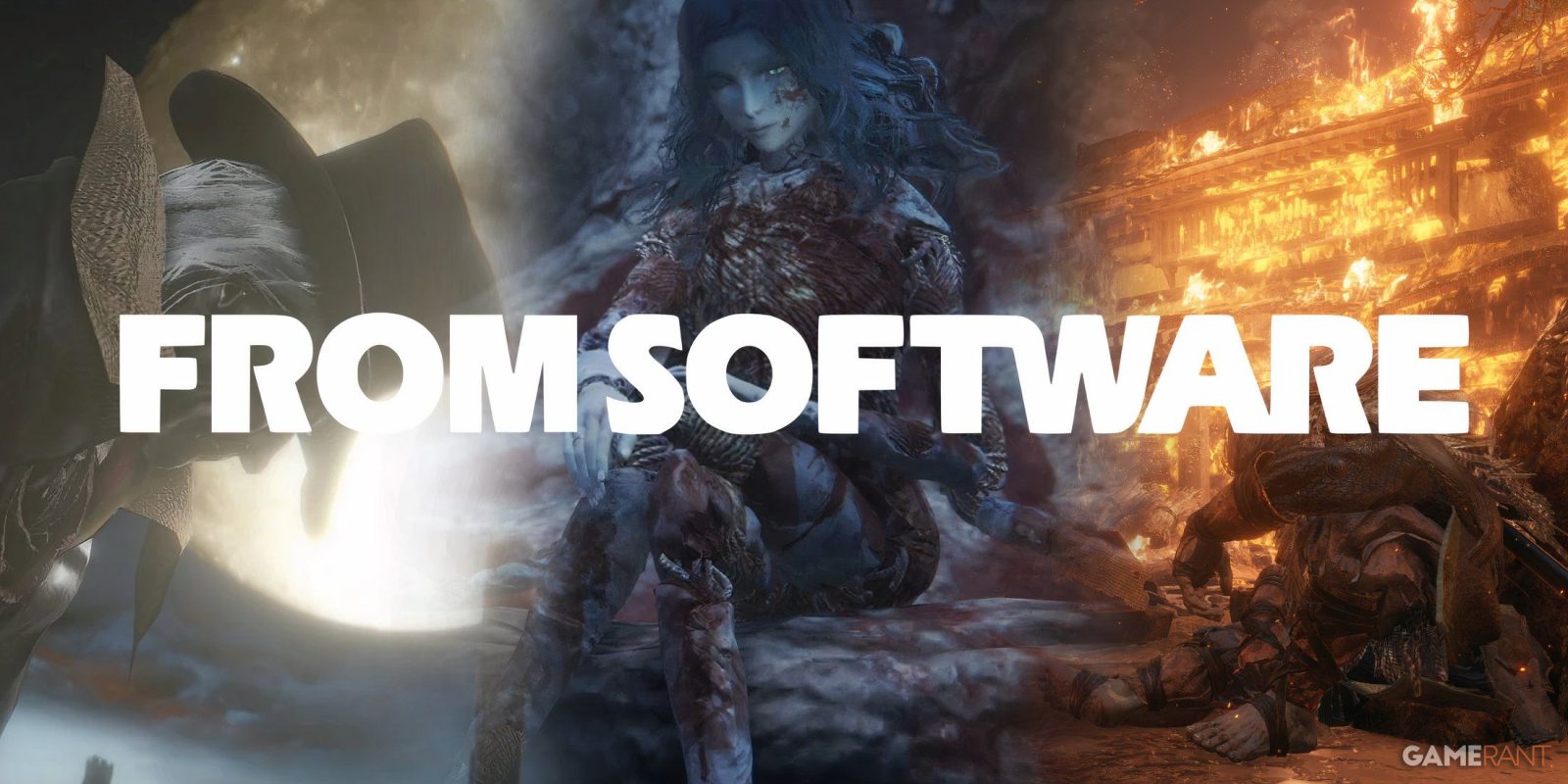

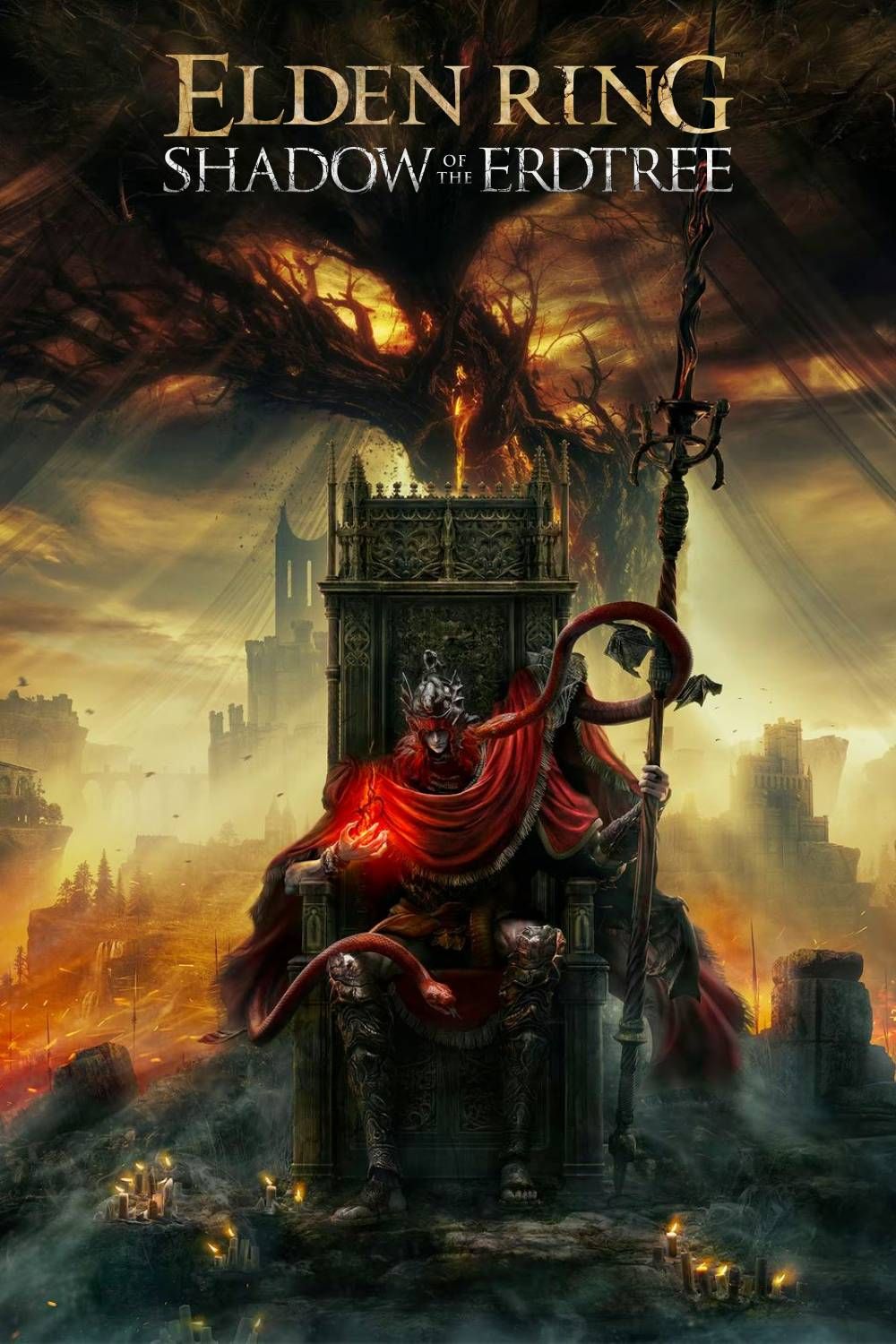
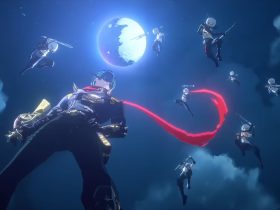



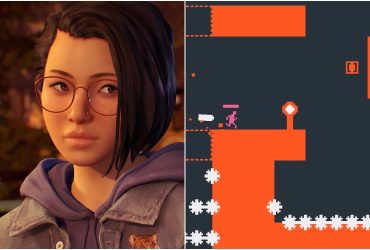




Leave a Reply